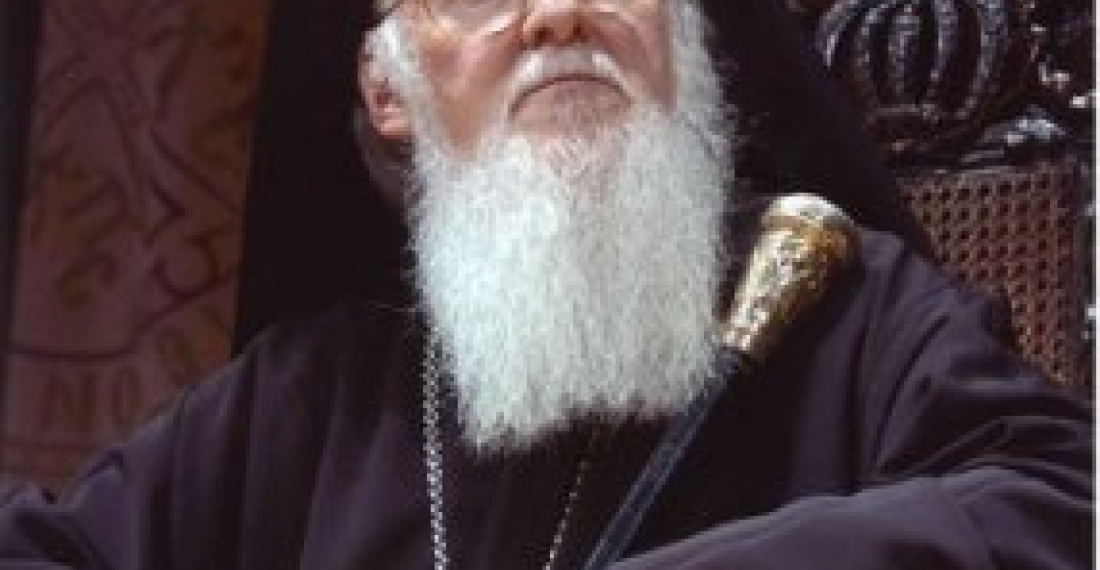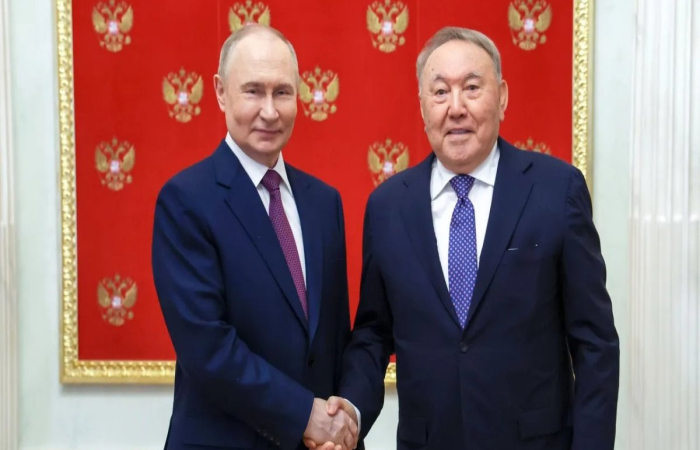Священный Синод Константинопольского патриархата под председательством Патриарха Варфоломея подтвердил решение о предоставлении Автокефалии Церкви Украины. Это позволит Украинской Церкви отделиться от Русской Православной Церкви.
В своем решении Священный Синод заявил, что он решил также восстановить Ставропигию Вселенского Патриарха в Киеве, одну из его многочисленных Ставропигий в Украине, которая там всегда существовала.
Ряд православных епископов и священнослужителей, которые ранее обвинялись в расколе церкови, теперь восстановлены в свои прежние статусы по решению Синода, созванного Патриархом Бортоломеем.
Однако, ключевое решение Синода было связано с независимостью Украинской Церкви, отменив "юридическое обязательство Синодального письма 1686 года, изданного по обстоятельствам того времени, которое предоставило право через икономию Патриарху Москвы назначать митрополита Киевского"
Синод призвал все стороны "избегать присвоения церквей, монастырей и других объектов, а также всех других актов насилия и возмездия/.../".
До сих пор Украинская Православная Церковь была самоуправляющейся церковью в составе Московского Патриархата.
Украинская Православная Церковь Киевского Патриархата и Украинская Автокефальная Православная Церковь разорвали отношения и до сих пор прибывали в расколе. Попытки утвердить независимость Украинской Церкви продолжаются с момента обретения Украиной независимости в 1991 году. В ноябре 1991 года Филарет, который тогда возглавлял Украинскую Православную Церковь Московского Патриархата, призывал предоставить автокефальный статус Украинской Церкви. В мае 1992 года он был понижен в должности с должности главы местной церкви. Однако Филарет отказался выполнить решение Русской Православной Церкви и при поддержке украинских чиновников объявил о создании Украинской Православной Церкви Киевского Патриархата. В феврале 1997 года он был отлучен от церкви и подвергнут анафеме за сектантскую деятельность по решению Ассамблеи святых Русской Православной Церкви.
В апреле 2018 года президент Украины Петр Порошенко обратился к Вселенскому Патриарху Константинопольскому Варфоломею с просьбой предоставить автокефалию Украинской Церкви.
7 сентября Синод Константинопольского Патриархата в рамках подготовки к предоставлению автокефалии Украинской Православной Церкви назначил своих экзархов (посланников) в Киеве, который является канонической территорией Московского Патриархата.
23 сентября Патриарх Варфоломей заявил во время Божественной литургии в Стамбуле, что Украина имеет право на получение статуса автокефалии, а Патриархат Константинопольский имеет право предоставлять автокефалию.
Священный Синод Русской Православной Церкви ответил, сказав, что действия Константинополя были грубым нарушением церковных канонов и перестали упоминать Патриарха Варфоломея во время церковных богослужений и проведения совместных служений с епископами Вселенского Патриархата.
источник: commonspace.eu
фото: Вселенский Патриарх Константинопольский Варфоломей






